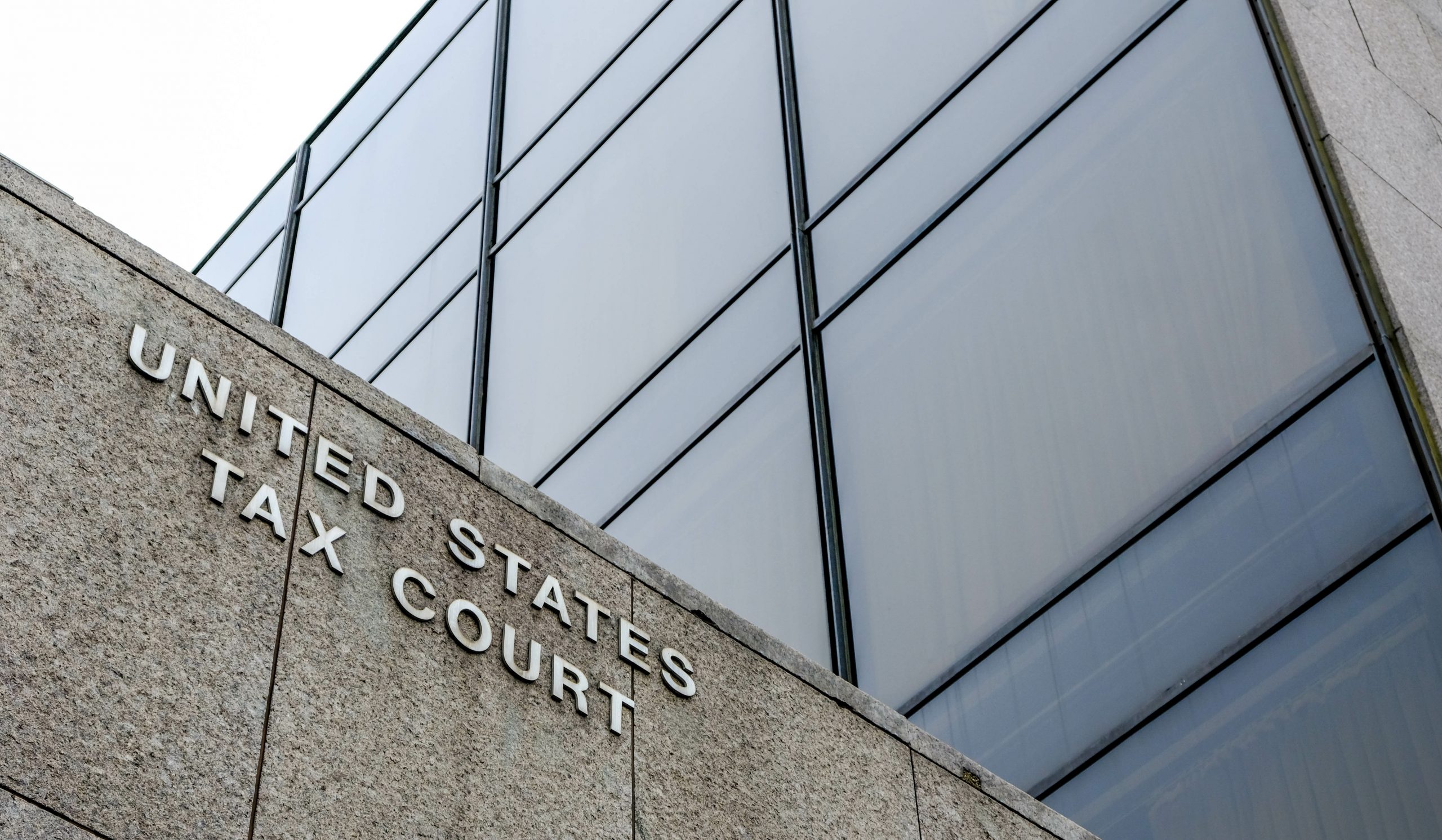
- February 10, 2023
- admin
- 0
The United States Tax Court is a Federal trial court that is an independent judicial forum, neither controlled by nor connected with the Internal Revenue Service (IRS). It was created by Congress as an independent judicial authority for taxpayers disputing certain IRS determinations. If an Internal Revenue Service (IRS) audit reveals that your tax return was inaccurate, you may face certain penalties, such as extra interest charges, civil penalties, civil fraud penalties, and criminal fines, among others. You have the option of appealing to get some relief that the auditor may have imposed. However, circumstances may also arise where an appeals officer might not agree with your position. In such cases, the U.S. Tax Court gives taxpayers a platform to appeal negative IRS audit decisions. In this blog, we will learn about the US Tax Court and its role in helping resolve IRS tax problems.
What is the US Tax Court?
As per Article I, Section 8 of the Constitution, the Tax Court was established by Congress as the forum for resolving tax-related disagreements between taxpayers and the government. The Tax Court hears disagreements on collection issues and whistleblower cases. Generally, a taxpayer will go there if they and the IRS cannot agree on the amount of taxes owed. When it comes to appealing to the US Tax Court, you have two options. You can either represent yourself, or hire an experienced tax debt lawyer from a reputable Dallas tax law firm that is authorized to represent clients before the Tax Court. To get the best possible help with IRS tax problems, hiring an IRS tax attorney in Dallas is the best way to go.Related Blog Post: Decoding the IRS Accuracy-Related Penalty
Involvement of Tax Court in Taxpayer/IRS disputes
The US Tax Court’s involvement in taxpayer/IRS disputes typically starts when the tax institution sends a taxpayer a “Notice of Deficiency”, alerting them that they have not paid enough taxes. If you get this letter, you should speak with legal counsel straight away, as you have just 90 days to pay the taxes or file a request with the Tax Court for a hearing of your case. Before the matter is heard by the court, however, you must first file a petition and present your case to the Appeals Division.Happenings at Tax Court Proceedings
The proceedings in Tax Court are unlike regular civil or criminal cases. There is no jury, no cross-examination, and no protracted deliberations. Unless you decide to act as your own attorney, you likely won’t be required to testify. Instead, a judge will hear your case from your counsel. The judge will order both parties to submit briefs summarizing the case after hearing narrations from both parties. The judge will then issue a ruling. This entire process might take up to a year. One of the biggest reliefs of US tax courts is that you won’t face jail time or a fine even if you lose the case. The biggest upset that you may experience is that you will be required to pay a sum of money to the US Treasury as determined by the judge. As mentioned before, you have the option to fight your case on your own. However, having experienced Dallas tax attorneys by your side helps ensure that you receive the best possible IRS problem-resolution.Related Blog Post: Tips to Qualify for the IRS Fresh Start Initiative
Accuracy Related Penalty and How to Avoid It?
For the uninitiated, an accuracy-related penalty is an additional penalty that is levied against taxpayers who have underpaid their taxes due to the following:- Negligence
- Willful contempt for laws or regulations
- Significant understatement of income tax, or
- Specific valuation inaccuracies
Final Word
It must be remembered that most cases are settled through mutual agreement as opposed to going through the court process. Whatever avenue the case takes, it is always important to have a Dallas tax attorney by your side. When looking for IRS tax problems resolution in Dallas, look no further than the Law Offices of Nick Nemeth. Our team of experienced Dallas tax attorneys is here to assist you with IRS problem resolution and a range of other Dallas tax relief options. We have access to the IRS locations in Dallas, Texas. To consult a tax attorney in Dallas, TX, call (972) 484-0829, or fill out our Contact Form, and we will take it from there.
Tags: tax courtus tax court

